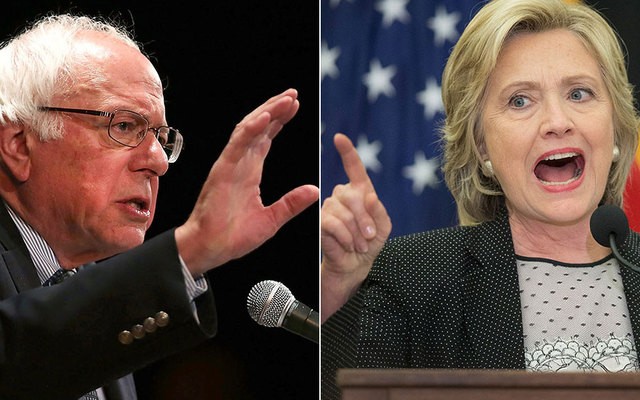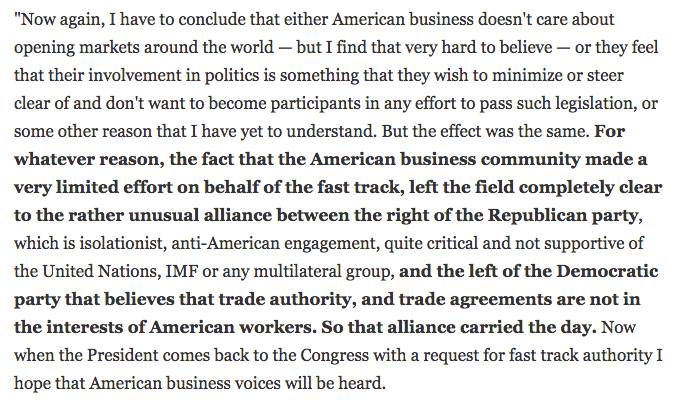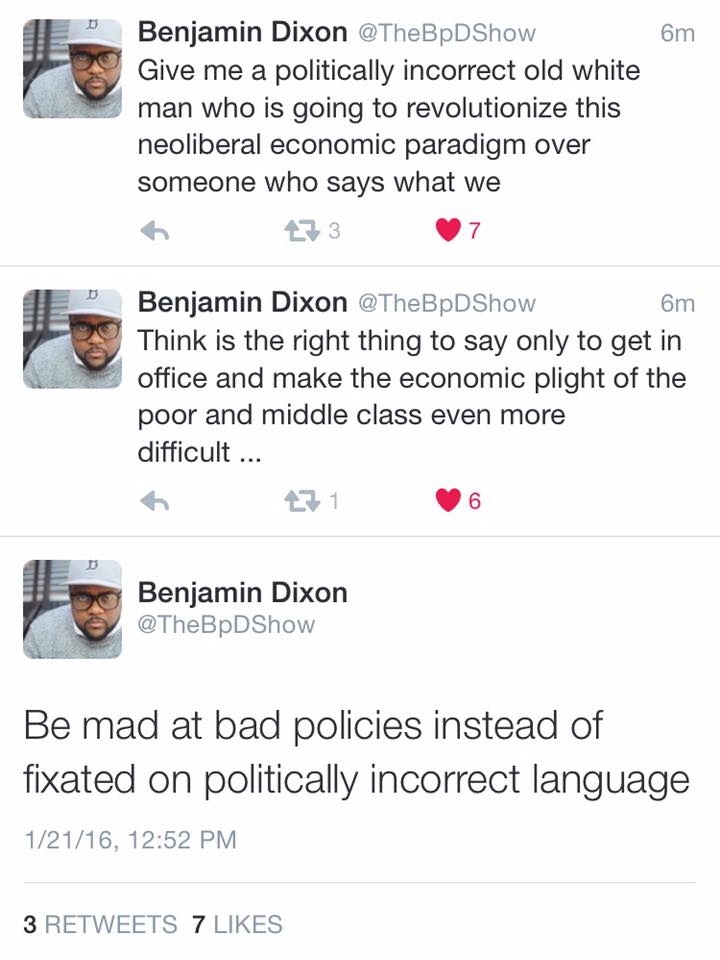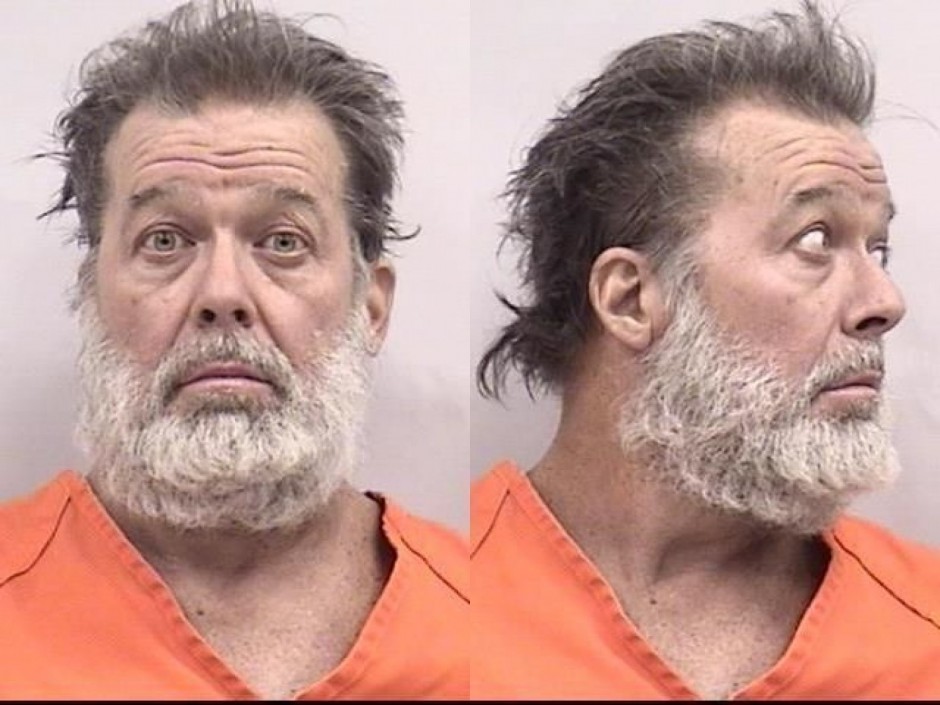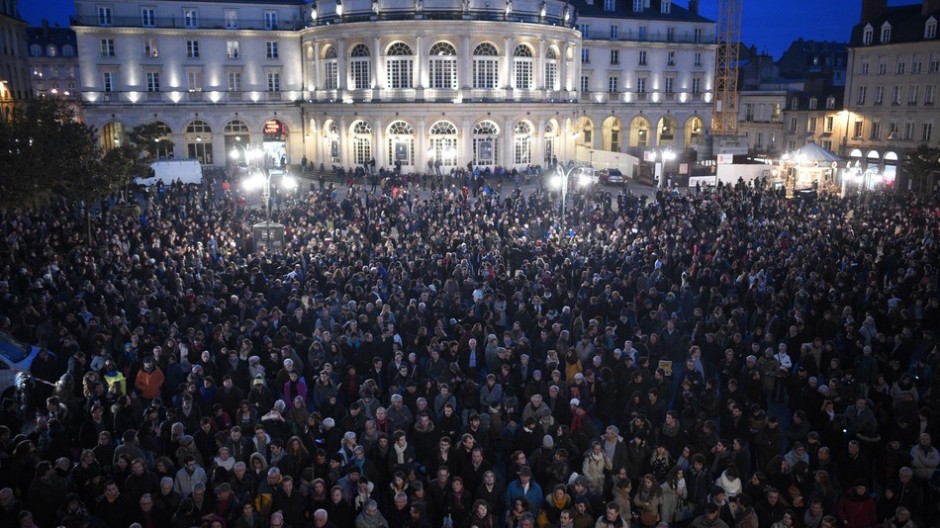An interesting question I just saw on social media – “Why did all these Trump supporters, such as unemployed former coal miners, vote to destroy their own health insurance?”
Some liberal outlets are almost gleefully celebrating this outcome as justly deserved rewards.
get. fucked. pic.twitter.com/46CWeX4h2u
— Sarah Jones (@onesarahjones) December 13, 2016
Paul Krugman, not exactly one without contradictions between his professed progressivism and staunch campaign against Bernie Sanders, similarly seems to revel in the irony.
People voted Trump to spite liberals who (they imagined) thought them ignorant, are now shocked that they may lose health care. Just saying.
— Paul Krugman (@paulkrugman) December 13, 2016
Regressive liberal sociopathy aside, the question raised by this simple fact – that so many people in middle America who need health insurance the most decisively voted against it – is one worthy of examination. The contradiction present is, at least on the surface level, bewildering.
But I believe it is a mistake to simply assume that people who did so were somehow willfully acting against their best interests. Rather, I think a lot of people born in the coastal bubble (like me) often don’t understand just how differently people in the middle of the country view the concept of work, and what it means when one confesses they need or want government assistance.
In much of middle America, it’s not about just getting what one needs by hook or by crook, it is the act of self-sufficiency in and of itself for its own sake that is considered one of the most important moral goods. The idea isn’t that we just create a society where people have what they need and we use government to fill in any gaps, it’s a society where people have everything they need *solely by laboring enough* to acquire it on their own, built on the presumption that being able to do so isn’t that hard with just a touch of will-power.
It’s not about whether government can or should provide healthcare to all its people, it’s the idea that using the government to do this at all – even if it did it better and more efficiently – is a shameful act, and buying into it is seen within this framework as proof that one isn’t significantly industrious enough to do it on one’s own.
And now of course we come to the central problem with this worldview – we live in an age where quite frankly, we simply don’t need the labor or industriousness of many of these people. This philosophy regarding work and self-sufficiency, while it made some sense in a world where there was too much work to be done and too few people to do it, is running into the brick wall of globalization and automation. And just as when a concept held as a religious truth runs into this wall of reality, the reaction of people caught in the crash clinging to the dogma can be rancorous, unsettling, and deeply troubling.
Given the fact that many *only* want a world in which they would and could do it all on their own, in a way it makes sense that they would support someone like Trump, who simultaneously wants to break Obamacare but insanely promised to bring all the old jobs back. It’s not that they don’t want healthcare – they want it in a way that fits perfectly with what they perceive to be the moral and just narrative of their ancestors. Only when acquired through labor is it not shameful to have, and the realities of the modern world are making this more and more difficult no matter how hard one even *tries* to work.
And when your religious worldview fails it is always easier to blame outsiders and scapegoats for your ills, rather than admitting that your own moral algorithm is out of date and unsuited to the new world in which it is still trying to operate.
PS – On the subject of the above mentioned liberal sociopathy, Sarah Jones is right on the money – “Liberals should try not having so much contempt for the poor“.


